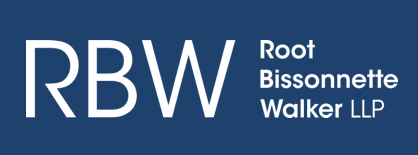Guaranteed Investment Certificates, or GICs for short, have surged in popularity lately. Recent increases in interest rates have boosted GIC rates, making them an attractive option for investors seeking refuge from volatile stock and bond markets. Should you consider GICs for your investment portfolio? Let’s take a closer look.
What are GICs?
GICs are short-term savings products issued by institutions such as banks, trust companies, and credit unions. It may be helpful to think of a GIC as an ‘I owe you’ – you loan an institution a sum of money for a specified period, and in return, the institution pays you a specified rate of interest and returns your original principal on the stated maturity date. GICs are considered short-term products as they typically have holding periods between one to five years.
Advantages of GICs
Some key advantages of GICs include:
- GICs are insured up to $100,000 by the Canada Deposit Insurance Corporation (CDIC) and are generally considered to be of high credit quality.
- With a GIC, your principal and interest are both guaranteed – not only are you guaranteed to keep your original capital, but you’re also guaranteed to make money as well.
- Unlike stocks and bonds, which can be volatile and can rise and fall in value, GICs do not change in value, and are insulated from market ups and downs.
Disadvantages of GICs
Some key disadvantages of GICs include:
- Apart from cashable or redeemable GICs, most other GICs must be held until maturity, and cannot be sold, redeemed, or transferred from one account to another.
- Not all investment returns are taxed equally, and unlike capital gains and dividends, interest income earned from GICs is fully taxable in the year received.
- GICs typically offer very low returns, especially after accounting for taxes and inflation, which can erode your purchasing power.
Bottom line
Principal protection and insulation from market volatility make GICs very attractive to some investors. However, while volatility is most definitely a risk, it’s not the only risk. When it comes to investing, different investment products and strategies can present any number of associated risks. Depending on your individual circumstances, goals, time horizon, and tolerance for risk, GICs may or may not be appropriate for you. To find out more, contact your Edward Jones advisor today.
Edward Jones, its employees and financial advisors cannot provide tax or legal advice. You should consult your attorney or qualified tax advisor regarding your situation.
This article was written by Edward Jones for use by your local Edward Jones Financial Advisor, Nicolle Lalonde.
 Back to myNiagaraOnline
Back to myNiagaraOnline
































